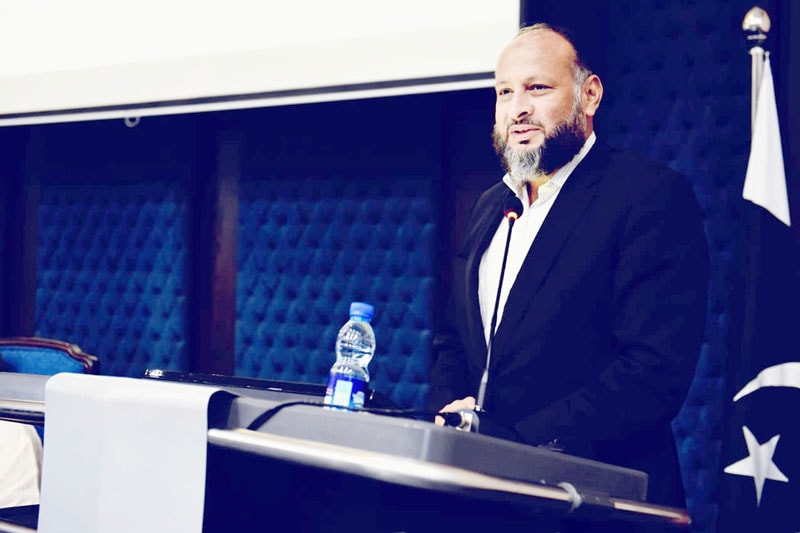Highlighting Pakistan’s advantage in having a diverse energy mix and compared the energy component, which stands at 4 cents, favorably against neighboring India’s 5 cents, Moonis Alvi, CEO of K-Electric, called for a technology-led transformation of Pakistan’s power sector, emphasizing the need for sustained investment and innovation to address the challenges of electricity generation, transmission, and distribution.
Speaking at the USPCASE-NIPS National Seminar, titled “Powering a Sustainable Future,” CEO KE highlighted the critical role of smart solutions and advanced systems in creating a more reliable and sustainable energy landscape for the country.
“Without smart and technological interventions, we cannot make progress in the power sector,” he said while underscoring the need for a forward-looking approach to ensure a reliable and sustainable power supply for the future. In his remarks, Alvi shared insights on improvements in the power sector, while highlighting KE’s ambitious investment plan of USD 2 billion.
This plan focuses on upgrading infrastructure, including power plants, transmission lines, feeders, and transformers.
A key component of this transformation is the adoption of the Advanced Distribution Management System (ADMS), which aims to evolve towards self-healing grids for early fault detection and rerouting of power in future. This technological shift, he said, is expected to significantly reduce downtime and elevate customer experience. He further added that through ADMS and smart meters, data collected enables predictive maintenance and helps in identifying operational issues before they arise. The company’s goal is to reach a stage where customers don’t even need to register complaints because faults are identified and addressed proactively, he noted.
The seminar featured a keynote address by Sardar Awais Ahmad Khan Leghari, Federal Minister of Energy, who emphasized the importance of financial modeling for the power sector, considering factors such as economic growth, interest rates, technological advancements, and the impacts of climate change.
The Federal Minister also pointed out the burden of solar net metering on the general consumer base, estimating that net metering costs customers who are directly dependent on the grid PKR 100 billion annually, benefiting a limited number of affluent households and industries only.










